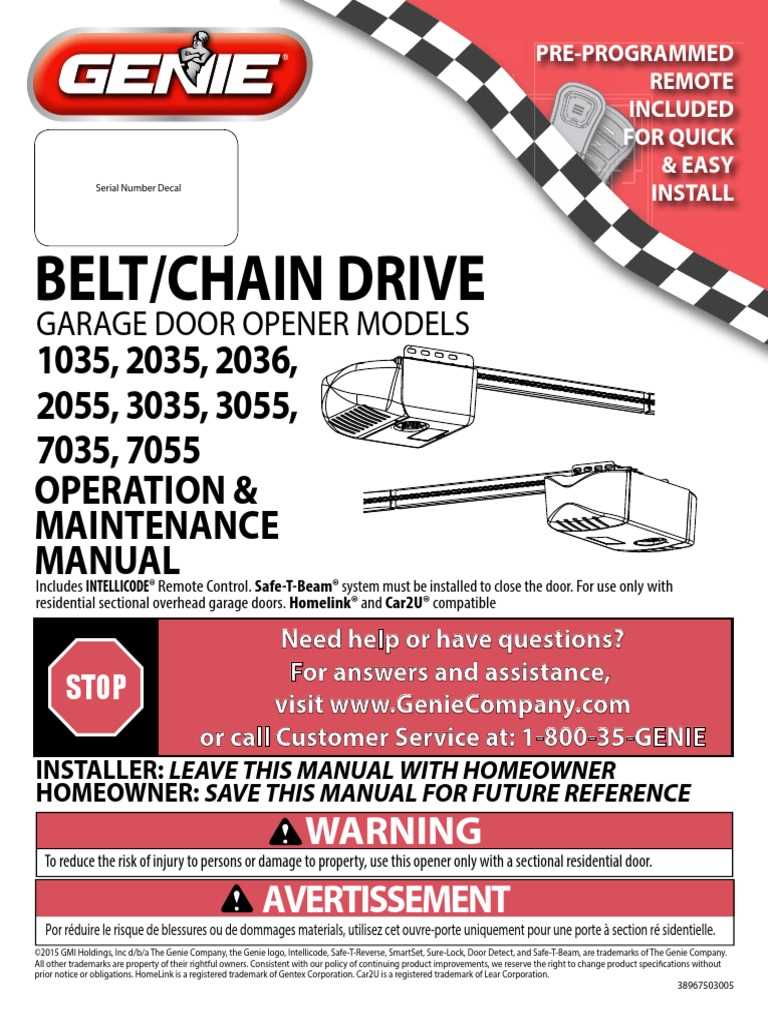
Understanding the setup process of a complex device can significantly enhance its functionality and ensure long-term reliability. Proper configuration is crucial to achieving the best performance, whether you’re setting up your unit for the first time or reconfiguring it after an update.
This article will walk you through the essential steps needed to get your equipment up and running. By following the detailed guidelines provided, you’ll be able to maximize the efficiency and longevity of your device while avoiding common pitfalls.
Stay tuned as we break down the process into manageable parts, ensuring that you can easily follow along and implement each step with confidence.
Comprehensive Setup Guide for Genie Pro Max

The following guide provides a detailed overview of the setup process for your advanced garage door system. This guide will help you configure and optimize the equipment for smooth and efficient operation.
Step 1: Unpacking and Inspecting
Begin by carefully unpacking all components. Ensure that each part is free of damage and matches the checklist provided in the package. Familiarize yourself with the items before proceeding to installation.
Step 2: Assembling the Components
Assemble the main unit, tracks, and motor following the sequence outlined. Ensure all connections are secure and tight. Take care to align the tracks properly for seamless movement.
Step 3: Installing the System
Mount the main unit in a suitable location, ensuring it is level and securely fastened. Attach the tracks to the door and wall, ensuring they are parallel and free of obstructions. Connect the motor to the power source, following safety protocols.
Step 4: Programming the Remote Control
To program the remote, follow the pairing procedure described in the guide. Test the remote control to confirm it communicates effectively with the system.
Step 5: Testing and Final Adjustments
After installation, test the system by operating the door several times. Make any necessary adjustments to ensure smooth operation. Verify that safety features such as sensors and emergency stops are functioning correctly.
Once all steps are completed, your garage door sys
Programming Remote Controls with Genie Pro Max
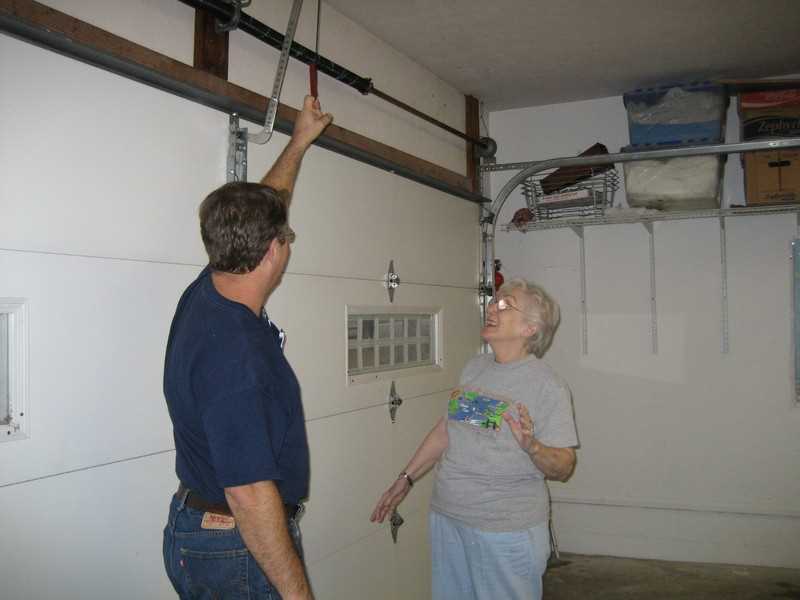
Setting up your remote controls for your garage door system is a straightforward process. This task ensures that your handheld devices effectively communicate with your door opener, allowing seamless operation. Whether you are adding a new remote or reprogramming an existing one, following a few essential steps will enable you to complete the process efficiently.
Preparing Your Remote for Setup
Before you begin, it’s important to have your remote and the garage door opener ready. Locate the programming button on your door opener unit. This button is typically positioned near the antenna wire. Pressing this button will initiate the programming mode, allowing the system to recognize the signal from your remote control.
Synchronizing the Remote with the Opener
Once the programming mode is activated, press the button on your remote control that you wish to assign to the door opener. Hold it for a few seconds until the opener’s indicator light flashes or the motor unit beeps, signaling that the pairing is successful. After the synchronization, test the remote to ensure it opens and closes the door correctly. Repeat the process for additional remotes if necessary.
Troubleshooting Common Issues and Solutions
When operating an automated garage door system, users may occasionally encounter various challenges that affect its performance. These issues can range from simple operational hiccups to more complex mechanical or electrical problems. Identifying and addressing these concerns promptly ensures the smooth functioning of the system and prolongs its lifespan.
Below is a table outlining some of the most common problems that users may face, along with their potential solutions:
| Problem | Possible Cause | Solution |
|---|---|---|
| Door does not open or close | Power source disruption or remote control malfunction | Check power connections and replace remote control batteries |
| Unusual noise during operation | Lack of lubrication or loose components | Apply lubricant to moving parts and tighten any loose screws or bolts |
| Intermittent operation | Interference from nearby devices or weak signal | Reposition the antenna or move potential sources of interference |
| Door reverses before fully closing | Obstruction in the door’s path or misalignment of sensors | Clear any obstructions and realign the safety sensors |
Safety Measures for Operating Automated Garage Door Systems
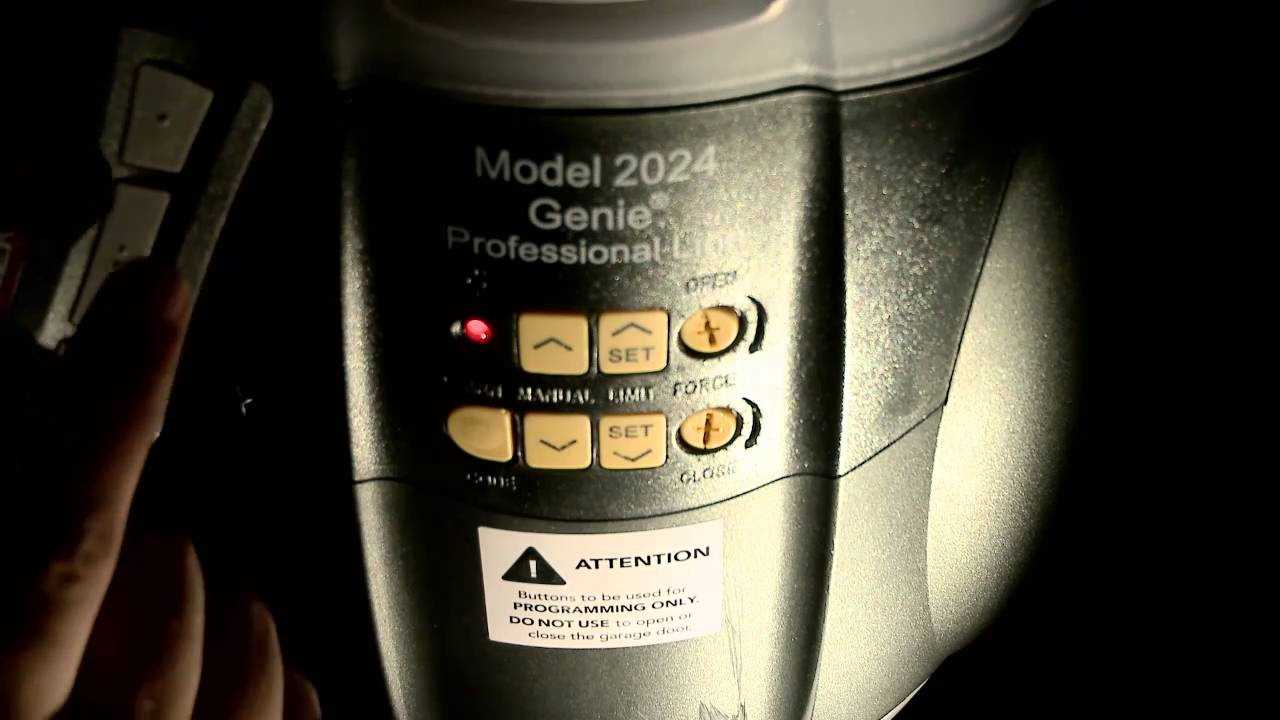
When handling automatic overhead door systems, ensuring the safety of all users is paramount. Understanding the potential risks associated with their operation and taking appropriate precautions can prevent accidents and enhance the overall reliability of the system.
Proper Installation and Regular Maintenance
Correct installation is the foundation of safe operation. It is crucial to have the system installed by a qualified technician who adheres to industry standards. Additionally, regular maintenance checks are essential to identify any signs of wear or malfunction that could compromise safety. These checks should include inspecting the sensors, springs, and other key components to ensure they are functioning as intended.
User Awareness and Precautions
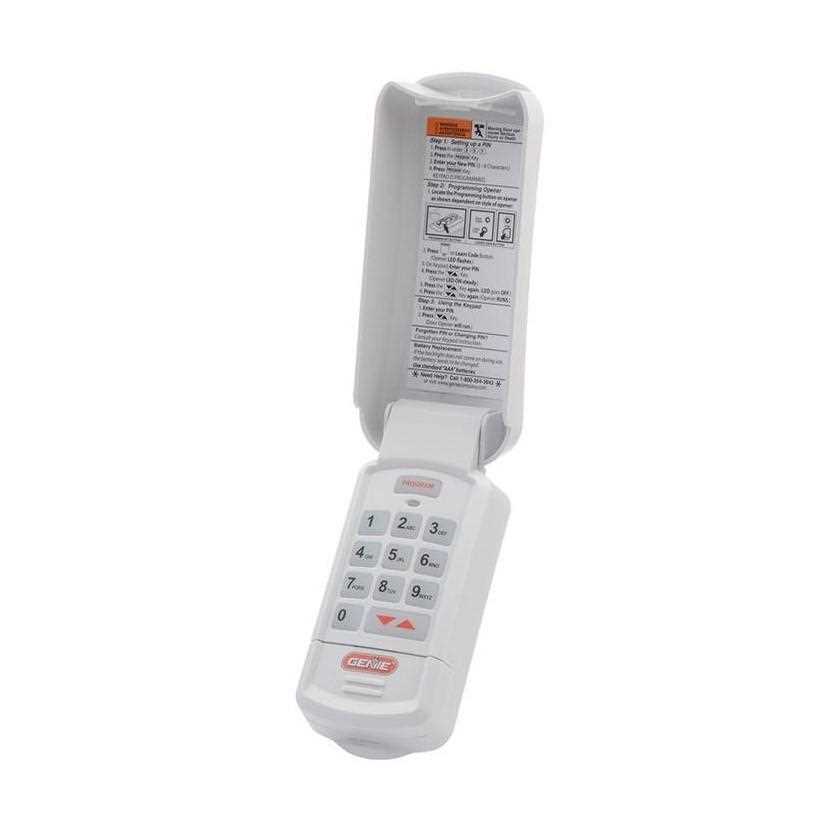
All individuals who interact with the system should be familiar with its operational guidelines. This includes understanding how to safely open and close the door and recognizing the importance of keeping the area clear of obstructions. Children and pets should be kept at a safe distance during operation to avoid accidental injury. In the event of an emergency, knowing how to quickly disengage the system can be critical in preventing damage or harm.
Maintenance Tips to Prolong the Lifespan
Regular upkeep of your garage system is crucial for ensuring smooth operation and extending its overall lifespan. By following a few simple maintenance practices, you can prevent unexpected malfunctions and keep the mechanism running efficiently for years to come.
- Lubricate Moving Parts: Apply a suitable lubricant to the tracks, rollers, and other moving components to reduce friction and wear. This will help maintain smooth operation and prevent unnecessary strain on the motor.
- Check and Tighten Hardware: Periodically inspect the nuts, bolts, and screws to ensure they are secure. Tighten any loose hardware to prevent parts from becoming misaligned or damaged.
- Test the Safety Features: Regularly test the safety mechanisms, such as the auto-reverse function, to ensure they are functioning correctly. This not only prolongs the life of the system but also enhances safety.
- Keep Tracks Clean: Clean the tracks regularly to remove dirt and debris that could hinder the movement of the door. Ensure the tracks are aligned properly to avoid putting extra stress on the motor.
- Inspect and Replace Worn Parts: Routinely check for signs of wear on cables, springs, and rollers. Replacing worn parts promptly can prevent more significant issues from arising and extend the system’s durability.
Consistent maintenance not only extends the longevity of your equipment but also ensures that it operates safely and reliably.
Resetting and Reconfiguring Your Genie Pro Max
Occasionally, it may be necessary to restore your device to its original settings or adjust its configurations to resolve issues or optimize performance. This process can involve resetting the unit to its factory defaults and then reprogramming it to suit your specific needs. These actions help ensure that your equipment functions correctly and meets your preferences.
Performing a Factory Reset
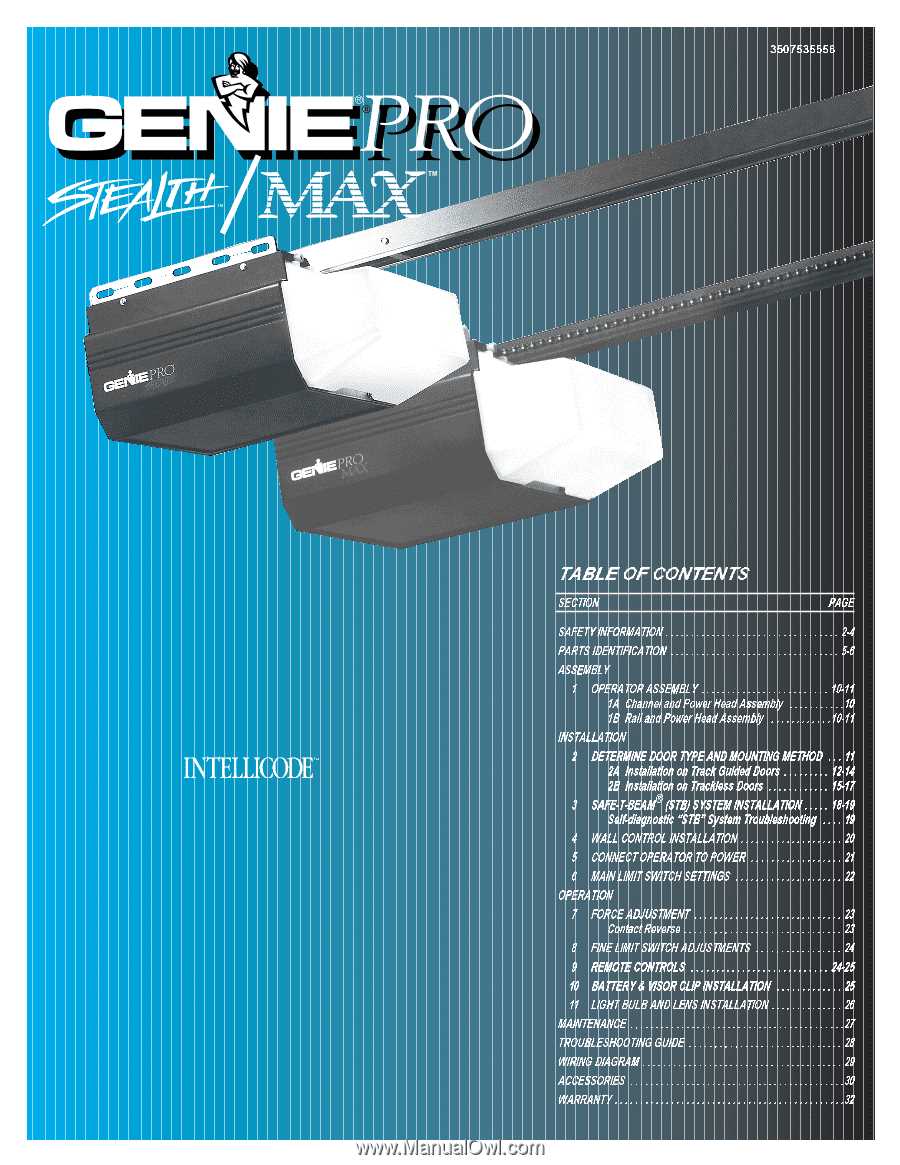
To initiate a factory reset, locate the reset button on the device. This button is usually small and may require a pin or a similar tool to press. Hold the button for a few seconds until the device indicates that the reset process has started. This will restore the default settings, erasing any custom configurations previously made.
Reconfiguring the Device
Once the device has been reset, you will need to reconfigure it. Start by accessing the settings menu, where you can adjust parameters such as operational modes, timing settings, and other preferences. Follow the on-screen prompts or consult the setup guide to ensure that each setting is correctly configured according to your requirements.